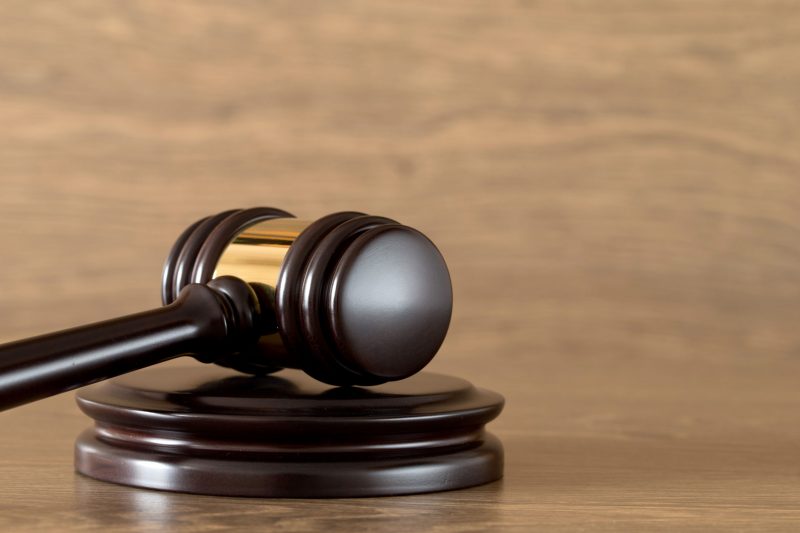Defective products are typically recalled by manufacturers either at the government’s urging or by the manufacturer’s own accord. In this article, readers will learn the effects of recalls on product liability claims brought by victims who are injured by defective products.
The Basics of Product Liability
A plaintiff can sue a product’s manufacturer, distributor, or seller. Claims can be based on design defects that cause inherent dangers, on failure to give proper warning, or for flawed construction. Attorneys in Longview TX, can bring legal action for a plaintiff’s financial losses incurred due to defects as well as for physical harm.
How Recalls Work
A product manufacturer can learn of defects on its own or because an agency such as the FDA or the CPSC brings their attention to the matter. In many cases, the product manufacturer issues a voluntary recall. If that’s not done, the FDA or the CPSC may step in.
Notices are sent to sellers and distributors as well as all known buyers (to whatever extent is possible). Notices are often posted to the general media and to trade publications, depending on the type of product and the nature of the recall. A product recall instructs customers on how they can have the product replaced or repaired, and it warns of dangers posed by defects.
Recalls Do Not Equal Manufacturer Liability
While most courts allow evidence to establish a product defect, the evidence doesn’t make a manufacturer automatically liable in civil court. Plaintiffs and lawyers must still prove a product liability case, and circumstantial evidence can establish the existence of the defect. However, direct evidence such as photos and testimony are still needed. Some courts disallow recall evidence reasoning that jurors would be prejudiced by such information.
Recalls Do Not Automatically Absolve Manufacturers of Liability
Conversely, manufacturers cannot use recalls to defend against claims. The manufacturer must prove a plaintiff received direct notice of the recall and that the recall itself warned the plaintiff of the product’s dangers. Broad recalls that aren’t accompanied by efforts to notify plaintiffs are insufficient, and manufacturers can’t defeat lawsuits by blaming sellers and distributors. However, distributors and sellers can be sued by Attorneys in Longview TX, such as Martin Walker, depending on a case’s circumstances.

